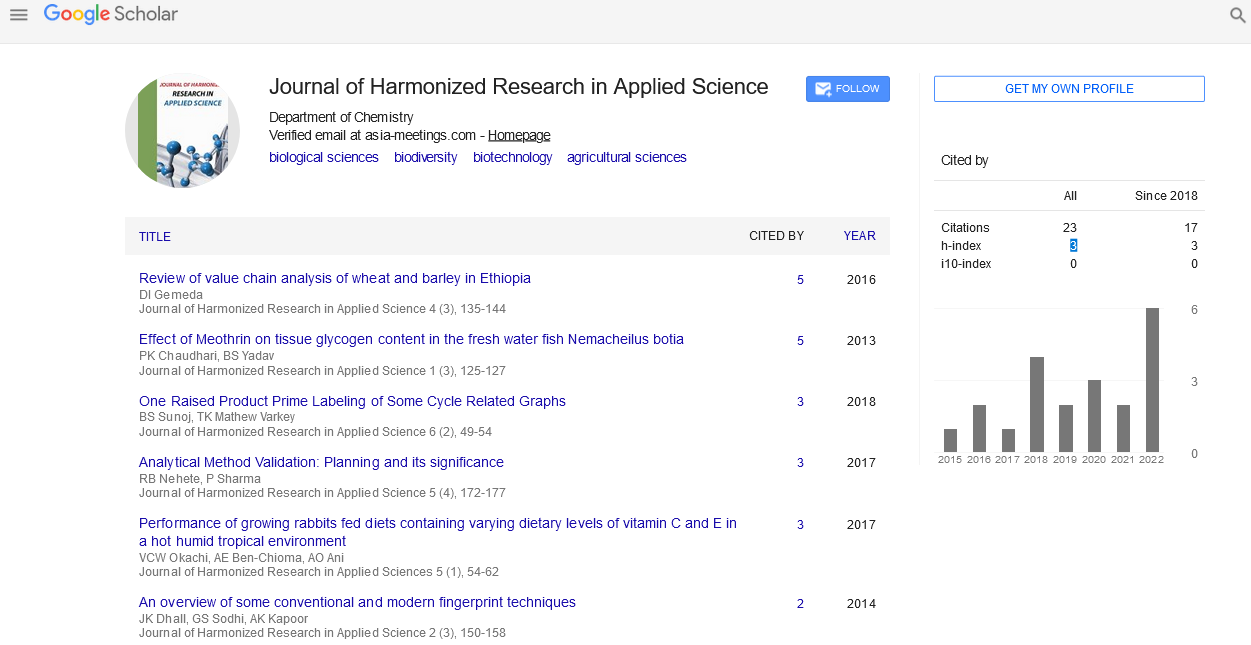REVIEW ON BEEKEEPING ACTIVITIES, OPPORTUNITIES, CHALLENGES AND MARKETING IN ETHIOPIA
Abstract
Author(s): Seid Guyo and Solomon Legesse
Beekeeping is a long-standing practice in the rural communities of Ethiopia and appears as ancient history of the country. Different assessment and diagnostic study (Livelihood systems assessment, in tegrated honeybee management needs assessment and diagnostic survey) was undertaken in different parts of the Ethiopia to identify the opportunities and challenges of beekeeping systems in the country and in so doing to suggest possible intervention measures for the identified problems. Based on the review indication in most part of the country except nearby research center areas only two types of honeybee production systems were identified, namely traditional and transitional honeybee production systems. Based on these criteria, a honeybee production system in the country is predominantly traditional and transitional (90.3%) and very few (9.7%) were practiced with modern beekeeping systems. According to different citation most of beekeepers explain that they started beekeeping, most of them (92%) have started beekeeping by trapping swarms and some (7%) received from their parents as gifts. Honeybee flora compositions of the country are dominated by natural vegetation, undergrowth, and some perennial crops; cultivated crops, annual herbs, and some natural trees have significant contribution for beekeeping. The major challenges were drought, pests and predators, pesticide poisoning, low hive occupation rate, absconding, lack of modern beekeeping equipment and materials, honeybee diseases, lack of honey storage facilities, poor extension service, non-existence or low involvement of women in beekeeping development and lack of knowledge of appropriate methods of beekeeping. On the other hand the opportunities for beekeeping in the country were the existence and abundance of honeybee, availability of potential flowering plants, ample sources of water for bees except in drought prone area, traditional knowledge of beekeepers' experience and practices and socio-economic value of honey. As concluding remarks, the traditional and homemade hives were financially feasible and appropriate for relatively good use of locally available resources. Thus, the major concern to sustain the beekeeping activities should be integration of beekeeping with natural resources conservation programs, introducing affordable and appropriate beekeeping technology through training, and encouraging of community as whole. Keywords: Beekeeping, challenges, Opportunity, beehive










